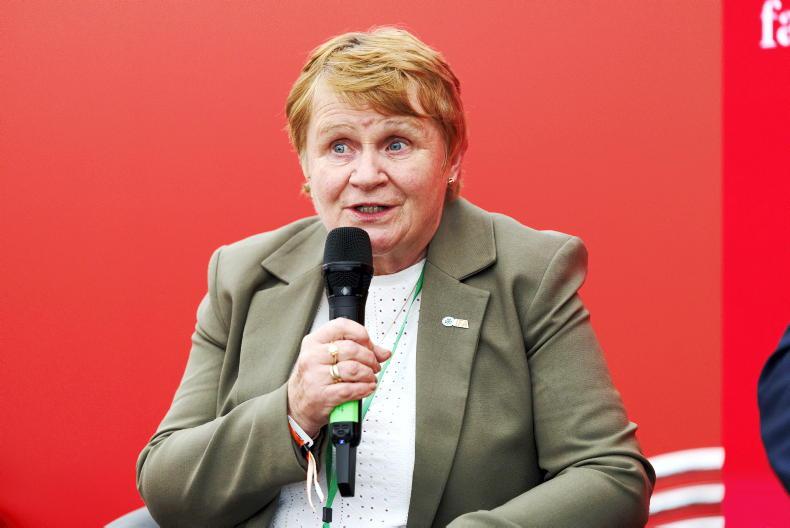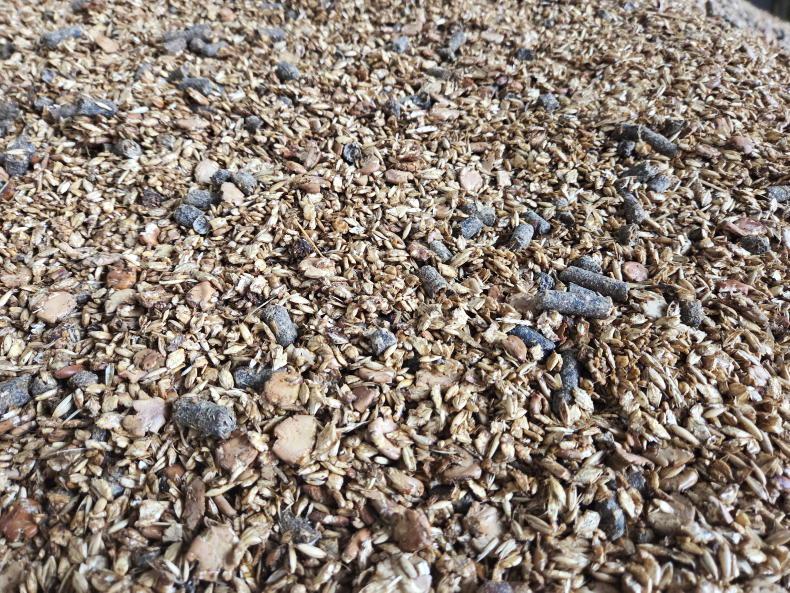Last week, the legal minimum wage in Ireland increased to €13.50/hour, or €2,160/month. The legal minimum wage in Brazil is approximately €250/month. We have a lot of Brazilian nationals living and working in Ireland. They have been welcomed here and many have ironically found employment in our beef factories.
Working in Ireland, there is a legal obligation on their employers to pay the Irish legal minimum wage and access to the Irish labour market by non-EU citizens is tightly supervised and controlled. In light of a minimum wage for labour, there is a real anomaly in the recently concluded, but still to be ratified, Mercosur trade deal between the EU and the four South American countries of which Brazil is by far the most important.
Under the deal, 99,000t of South American beef will have much easier access to the European market, with a combined duty and levy of 7.5%.
There will also be much-reduced barriers to poultry, sugar and maize entering the EU.
Given the dramatically different cost and regulatory obligations between the EU and Brazil, another way of facilitating two-way trade should have been developed.
The logical way would have been to have taken the lessons from the labour market and just as we have a minimum wage system for suppliers of labour, we should have insisted on a minimum import price for sensitive agricultural imports.
This is not reinventing the wheel. India has such a system for cereals.
In particular, their insistence on maintaining the regime was one of the factors in collapsing the last World Trade Organisation (WTO) talks and the original system of variable levies in the CAP was in effect the same concept in operation.
All of that was swept aside and we are now likely to pay a heavy price. While the deal has to be ratified by the national parliament, it does not need unanimity.
Last week, the legal minimum wage in Ireland increased to €13.50/hour, or €2,160/month. The legal minimum wage in Brazil is approximately €250/month. We have a lot of Brazilian nationals living and working in Ireland. They have been welcomed here and many have ironically found employment in our beef factories.
Working in Ireland, there is a legal obligation on their employers to pay the Irish legal minimum wage and access to the Irish labour market by non-EU citizens is tightly supervised and controlled. In light of a minimum wage for labour, there is a real anomaly in the recently concluded, but still to be ratified, Mercosur trade deal between the EU and the four South American countries of which Brazil is by far the most important.
Under the deal, 99,000t of South American beef will have much easier access to the European market, with a combined duty and levy of 7.5%.
There will also be much-reduced barriers to poultry, sugar and maize entering the EU.
Given the dramatically different cost and regulatory obligations between the EU and Brazil, another way of facilitating two-way trade should have been developed.
The logical way would have been to have taken the lessons from the labour market and just as we have a minimum wage system for suppliers of labour, we should have insisted on a minimum import price for sensitive agricultural imports.
This is not reinventing the wheel. India has such a system for cereals.
In particular, their insistence on maintaining the regime was one of the factors in collapsing the last World Trade Organisation (WTO) talks and the original system of variable levies in the CAP was in effect the same concept in operation.
All of that was swept aside and we are now likely to pay a heavy price. While the deal has to be ratified by the national parliament, it does not need unanimity.










SHARING OPTIONS